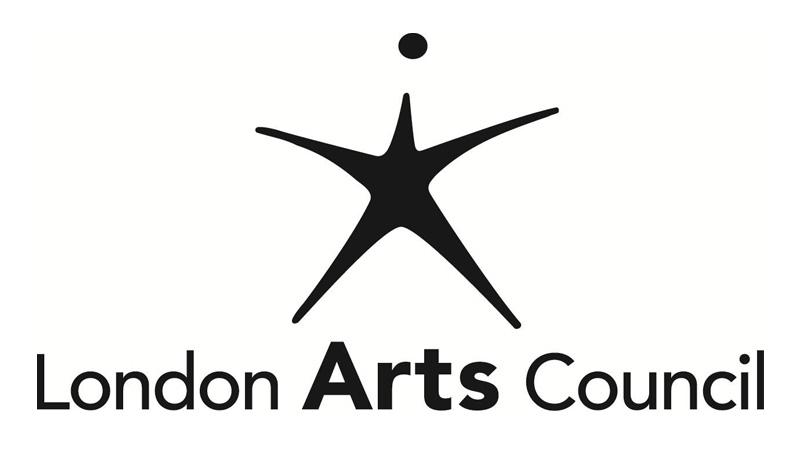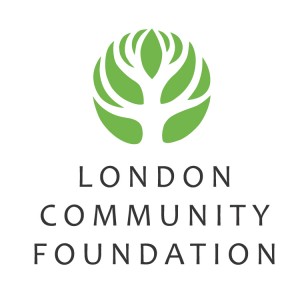In a world where we are constantly defining the sum of our lives through the filter of another’s gaze, genuinely unchained artists like Winnipeg-bred Hamilton-based singer-songwriter IsKwé (pronounced iss-kway) are becoming a rare breed.
Named one of the ‘Top 10 Artists to Watch’ by CBC Music, IsKwé (which means ‘woman’ in her native language) is fostering an unmistakable sound that weaves together her Irish and Cree/Dené roots with poignant politically charged lyrics, dark soulful R&B rhythms, electronic flourishes, and trip hop breakbeats.
“I have always gravitated towards darker, deep-cut, bottom-heavy sounds,” says IsKwé. “That’s just what resonates with my creativity. I am hugely influenced by that fundamental darkness that came alive in bands like Massive Attack and Portishead as part of the Bristol sound, but I also love strong, bold women like Bjork and Erykah Badu.”
Captured fully on her brand new single “Sometimes,” which is the first release off of her sophomore album The Fight Within (Summer 2017), the song is a brooding and introspective anthem to an ex that sees IsKwé drawing upon the poise and power she felt in learning to let go of love.
“I think that in any relationship, even the unhealthy ones, it’s important to own yourself and to be able to say, ‘Okay, I’m making the choice right now to stay’ or ‘I’m making the choice to leave,’ and then feeling confident in that decision because it’s yours. This song is very much about the power I felt in leaving. Even though there was anger and sadness inside me when I wrote it, it wasn’t born out of animosity––I was really pulling from a place of empowerment on this one.”
While Iskwé’s music is undoubtedly a source of deep personal strength it is also a form of protest––protest against the continued hardships of the Canadian Indigenous community and protest against the fallout she has faced as a female speaking out on the subject openly in the music industry.
“There are people who assume that I won’t feel strong enough to speak my mind about my own culture and gender and that’s fine, but I won’t be silenced,” says IsKwé. “I’ve never been timid or shy about addressing those sorts of topics in my music because that’s not my spirit and it doesn’t reflect me inside.”
Bridging cross-cultural aesthetics while exploring her own struggle to both fit into and breakaway from modern Western archetypes has been an important part of IsKwé’s artistic vision since the release of her self-titled debut album in late 2013. Her debut single “Nobody Knows,” which was produced by Juno Award nominees The Darcys and is currently being featured in the Netflix series Between, captivated audiences by turning a stark spotlight on the more than 1200 missing and murdered Indigenous women here in Canada.
The song, which perfectly paired IsKwé’s signature downtempo tones with harsh reality, revealed an artist whose true beauty and undeniable appeal lies in her ability to find strength in the weight of her emotions.
“This new album, and most of the things I write, are rooted in an emotional place that’s not quite sadness,” explains IsKwé. “I think the strength in whatever I’m feeling is generally where I write from and I really try to embrace it all rather than seeing weakness in those emotions.”
During her live shows, IsKwé pairs her songs with elaborately adorned face paint both as an homage to her ancestral roots and as a platform upon which her message really comes to life. “Painting was one of my first loves. Incorporating it into my live show has not only become a way for me to expand my creative expression but it is also very much an act of reclaiming tradition.”
Inspired by both Dené and Inuit facial tattooing, IsKwé views the face paint as an act of rebellion against cultural appropriation and the limitations that have been imposed upon her as an artist. “Even if it isn’t entirely understood, painting my face prompts people to ask me, ‘Why?’ If I were to be subtle about it, I’d risk the message being lost in translation but when I’m loud and over the top with it, I think people find it harder to look away. That’s important to me because it prompts dialogue and it lets me know that the conversation is still very much alive.”
Unafraid to challenge the convictions of her detractors by honouring her heritage, standing steadfast in her viewpoints, and embracing her sexuality, IsKwé’s artistry knows no bounds. Blending soulful, breathlessly delivered lyrics that are coloured by the many shades of human nature with a sonic palette that takes its queue from the shadowy atmospherics of the 1990s Bristol sound, IsKwé’s music revels in her strength of self and that is her true rallying cry.
Rent The Aeolian
The Aeolian is a beautiful, unique, award-winning location to host your event.
While particularly renowned for its acoustic/live music presentations, the Aeolian is a versatile facility and can also host conferences and fundraisers.
Give the Gift of Aeolian
Looking for a unique and fun gift for a special someone?
Look no further than a gift card for The Aeolian. This is a perfect gift for any lover of music and the arts.






















